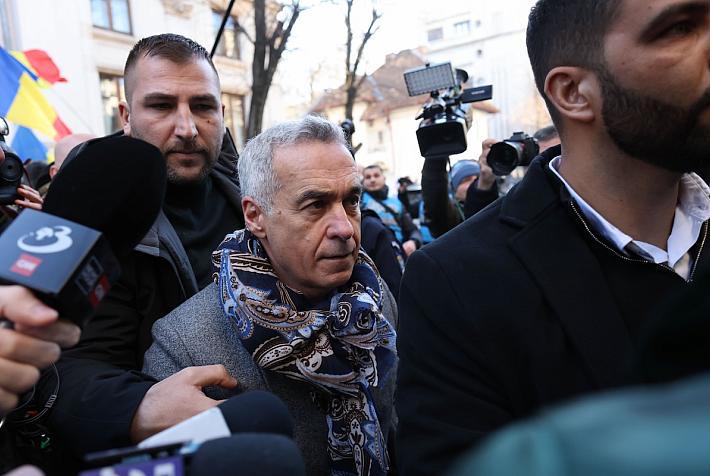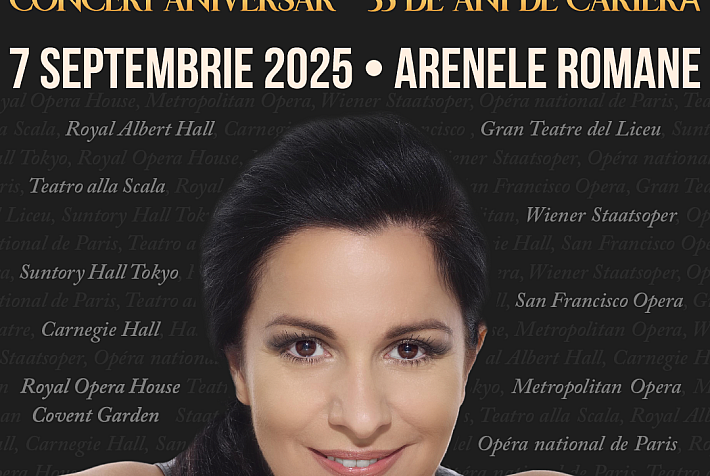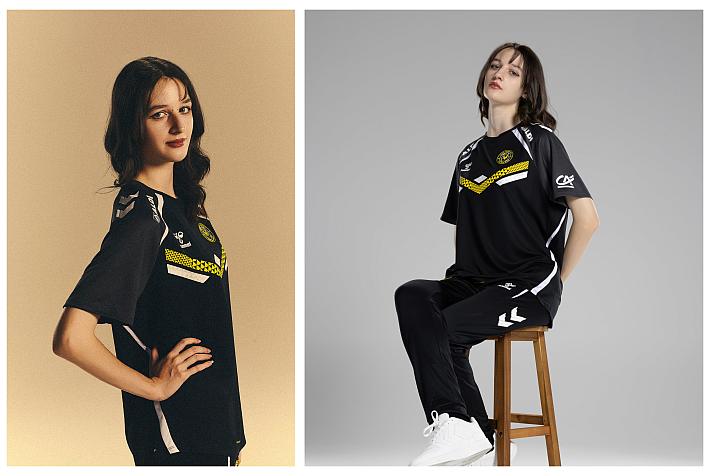Romanian language lesson: Masculine nouns in Romanian; Plural endings

A masculine noun designs a word referring to a male person, male animal, male bird, professions of male persons and nationalities regarding a male person.
[audio:http://www.romania-insider.com/wp-content/uploads/2011/09/masculine_nouns_plural.mp3|titles=masculine_nouns_plural]
Certain objects are also masculine: pantalon – pantaloni (trousers), pantof – pantofi (shoes), some fruits: strugure – struguri (grapes), pepene – pepeni (melon), and some vegetables: castravete – castraveți (cucumber), ardei – ardei (pepper), morcov – morcovi (carrot).
The plural ending for a masculine noun is always "i". This letter is added at the end of a noun, but in most cases vowel or consonant mutations in the root also occur .
Examples
consonant, ‑i
prieten, prieteni (engl. friend)
băiat, băieți (engl. boy)
‑u ‑i
fiu, fii (engl. son)
leu, lei (engl. lion)
‑e ‑i
frate, frați (engl. brother)
câine, câini (engl. dog)
‑i ‑i
ochi, ochi (engl. eye)
pui, pui (engl. chicken)
Exceptions
tată, tați (engl. father)
popă, popi (engl. priest)
cal, cai (engl. horse)
copil, copii (engl. child)
Remarks
The plural ending in the masculine is always "i" and it is attached at the end of the noun.
There are no rules for vowel or consonant mutations: băiat (singular) – băieți (plural), frate (singular) – frați (plural).
In the singular, the masculine nouns have different endings: consonant (prieten), -u (fiu), -e (câine), -i (ochi), -ă (tată).
Certain masculine words have identical singular and plural forms ("ochi, ochi" or "pui, pui").
Mona Pologea, PhD. Linguist
Managing Director ROLANG School












